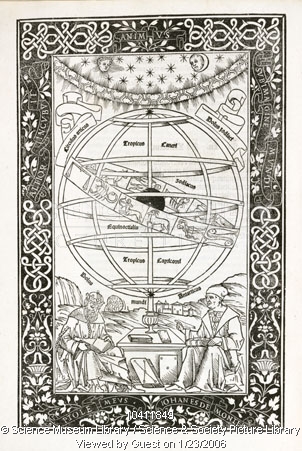
Spring '07 - Placing science and technology in social context
Who makes sense of developments in science and technology (S&T) and their historical precursors? We hear these days not only the explanations of scientists and engineers, but also interpretations from history, philosophy, sociology, anthropology, public policy, psychology, literary analysis.... Since the early 1980s newspaper journalism on S&T, television documentaries, and book publishing have flourished. Activists and citizen scientists have also gained a voice in discussions about the direction of S&T, especially since the late 1960s. Into this mix we can add claims in the late 1990s that humanistic and social scientific studies of S&T contribute to "anti-science" sentiments. But then we can also point to scholars interpreting science in its social context formulating perspectives unavailable to, or underdeveloped by, scientists, and, on this basis, making contributions valued by scientists to discussions about developments in S&T.
How can we make sense for our students and other audiences of the social shaping of S&T as well as the wide-ranging discussions about S&T? What new angles of interpretation might influence future inquiries and engagements on S&T in context? What is our picture of the evolving web of science?
Depending on the interests of participants such issues and the overall theme of the seminar can be pulled in many directions. We look forward to the cross-disciplinary links, new friendships, and actions that grow out of the seminar discussions.